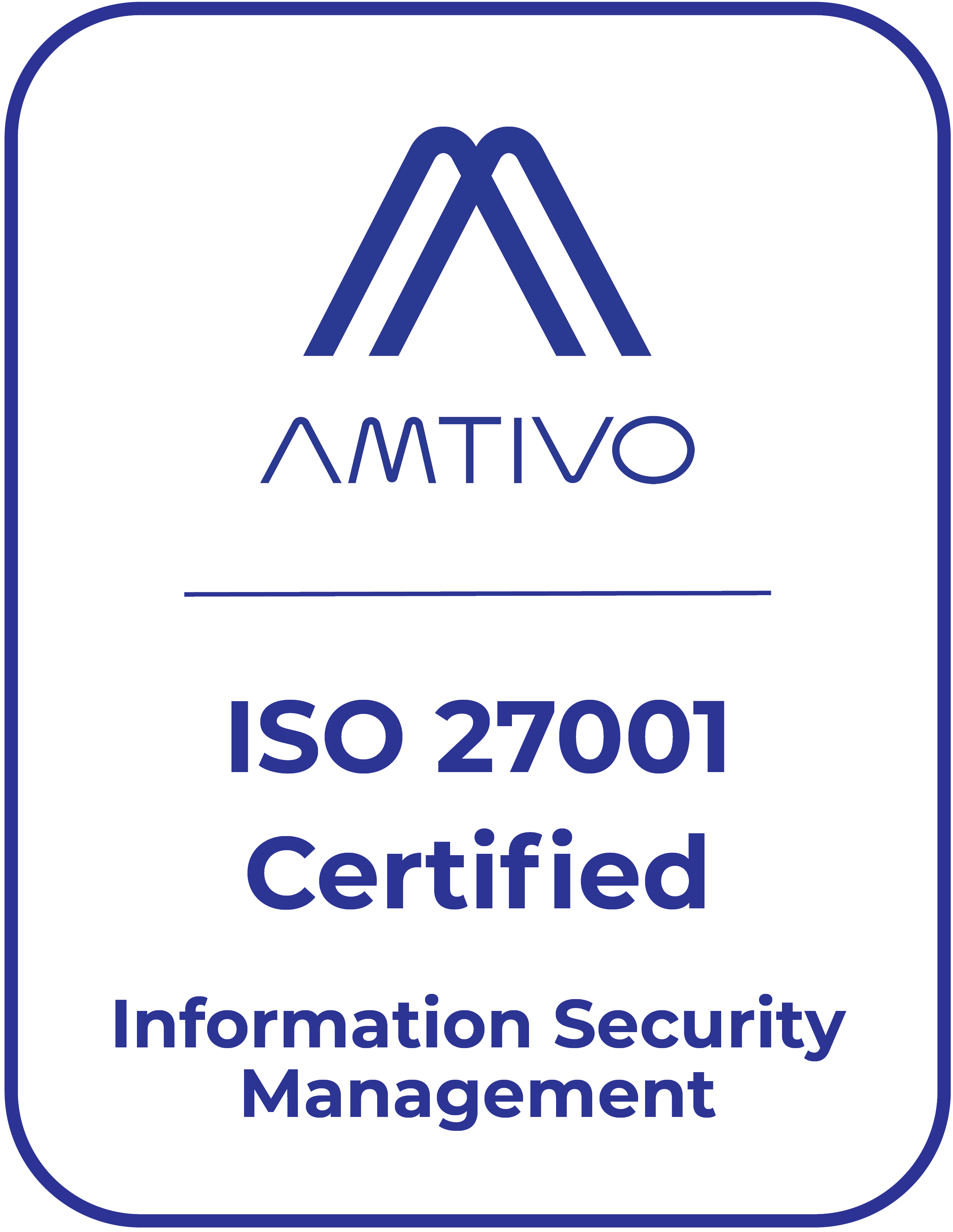Alzheimer Common European Programme

- AIMS allows three organisations to share a single solution whilst maintaining full separation of processes and data
- AIMS Software Ltd was selected as provider due to our experience in research grant management internationally
- The contract is jointly owned by all three parties
For the past 20 years, Alzheimer Nederland (The Netherlands), Alzheimer Forschung Initiative e.V. (Germany), and Fondation Vaincre Alzheimer (France), have funded scientific research in to dementia. To fund high quality research in the three respective countries, the organisations have an annual common European Grant cycle which they process with AIMS.
The challenge
Three clients using a common solution, each requiring complete ownership of their own data. Each organisation has its own fund to support joint funding of international research projects. Notably the three clients are in different countries and are subject to different regulatory and data protection requirements.
The solution
AIMS Software Ltd built a solution that allows a common programme to be administered, with data and processing entirely split between three organisations. The processes and monitoring of each application are unique to each of the three partner organisations. It was critical that data was segrated and remained confidential to each owner organisation. Therefore, we delivered a single AIMS platform with three organisations using it simultaneously. We implemented regionality functions to segregate applications and their data. This segregration via regionality function restricts access to data to only administrators from the owner organisation.
“We have recently switched to AIMS for our yearly grant calls and required a specific system due to a rather complex collaboration between different research funding organisations. AIMS Software Ltd has certainly delivered on its promises and the use of our new system is saving time throughout our process. Our support team is great and are always happy to think of new ways to make our system more efficient, building on experience they have with other customers. If problems do arise, the technical support is always there to help swiftly.
We are happy we made the switch and excited to see what the system will grow into in the next years.”
European Grant Manager, Alzheimer Common European Programme
Annual Report 2020
In 2020, despite the impact of corona, we succeeded in continuing the funding of scientific research at the same level as last year. When assessing research proposals for funding, we once again collaborated with (international) scientists. People with dementia and carers are also involved in the choice.
Investments in scientific research was almost €5 million in 2020.
Alzheimer Nederland has supported a lot of research within the Delta Plan in recent years.. In the last year of this national program, Alzheimer Nederland invested again in research projects. This resulted in the total contribution of Alzheimer Nederland since the start of the research program in 2013, at over €16 million, which means more than 130 projects were (co-)financed
Back to all case studies
